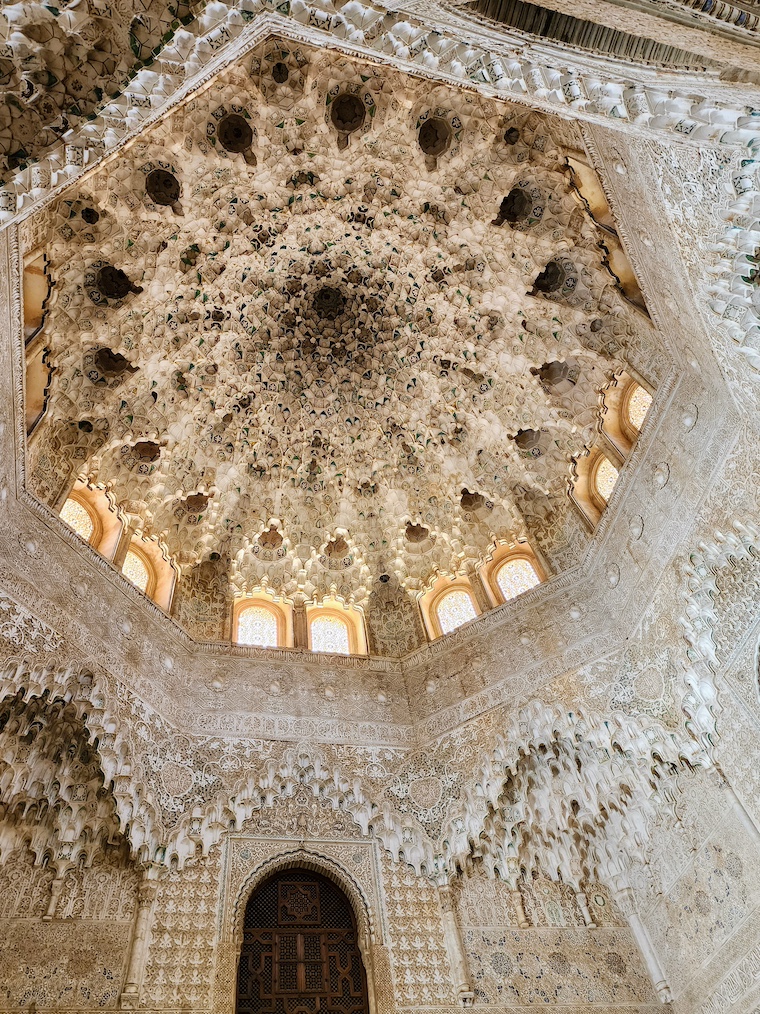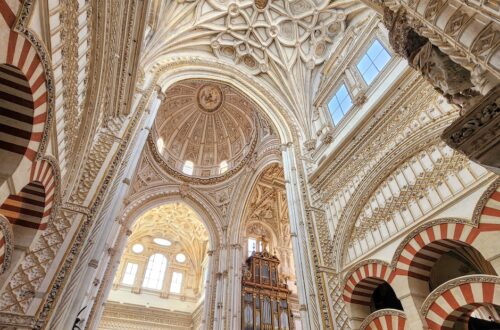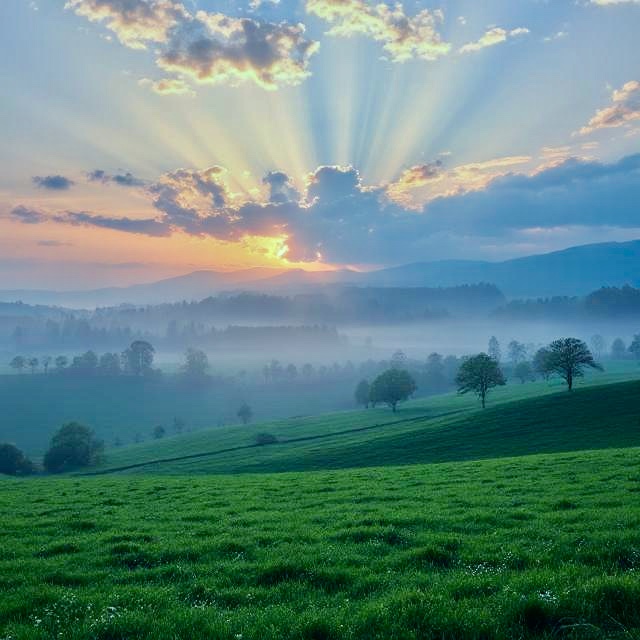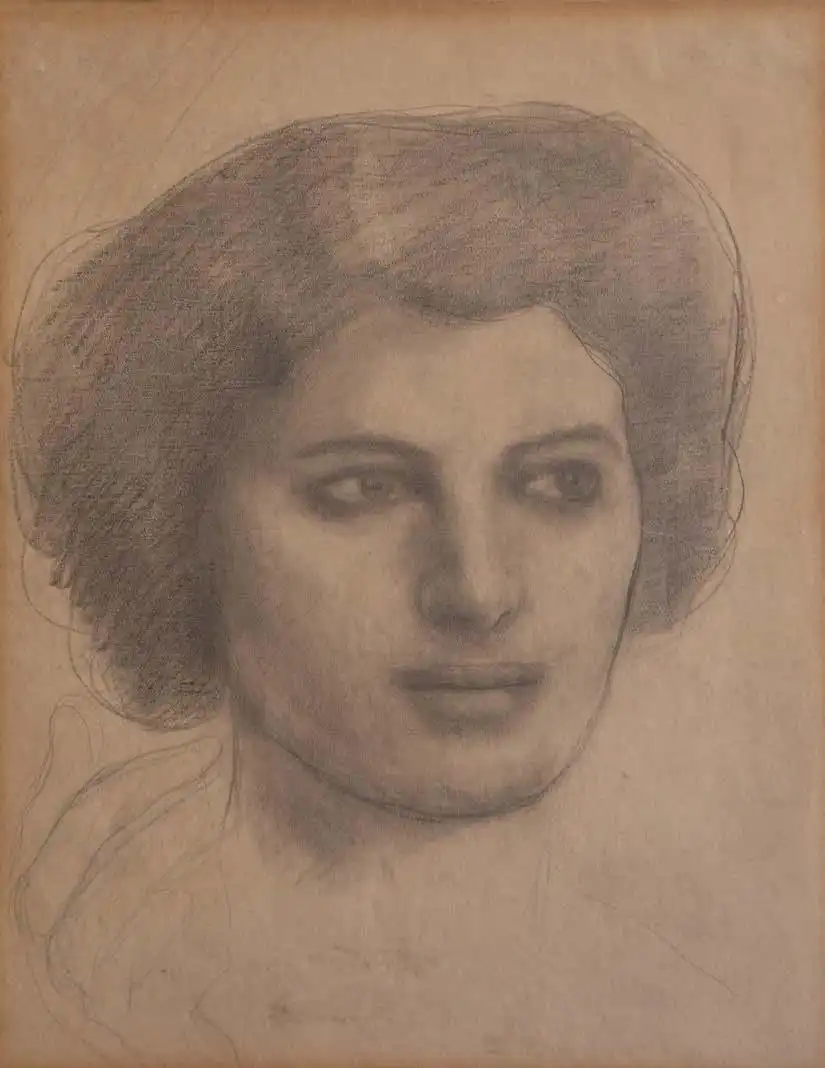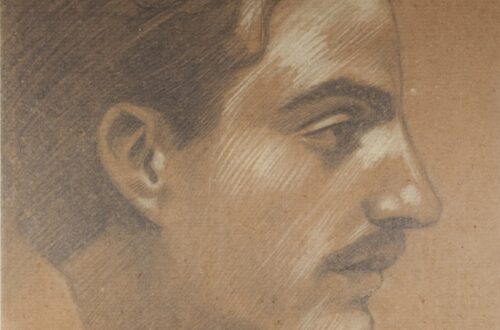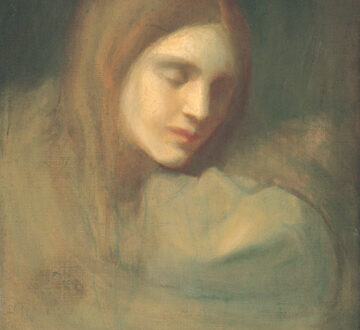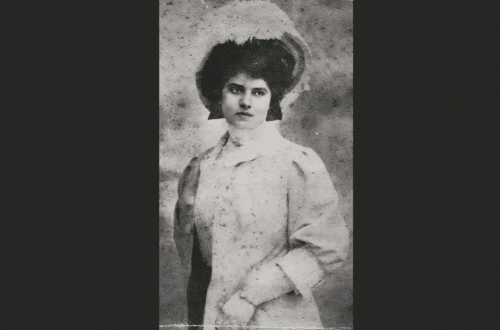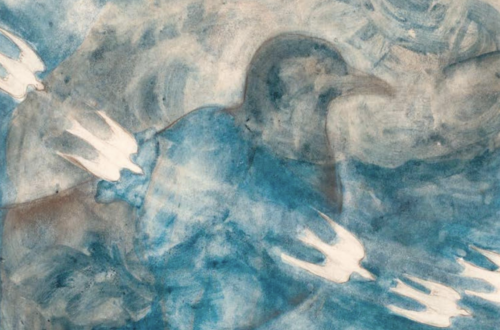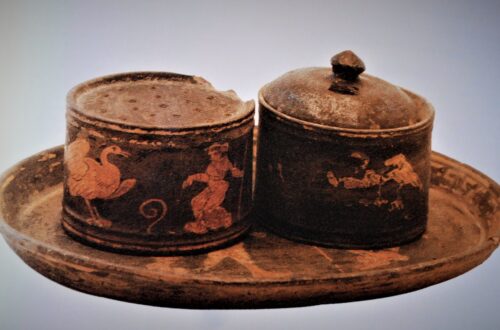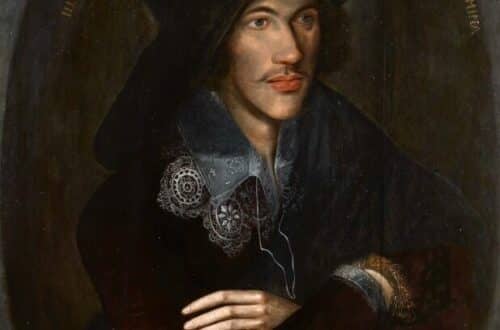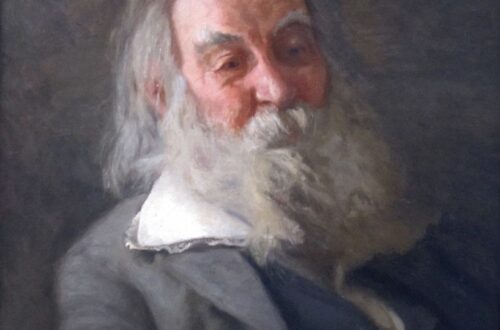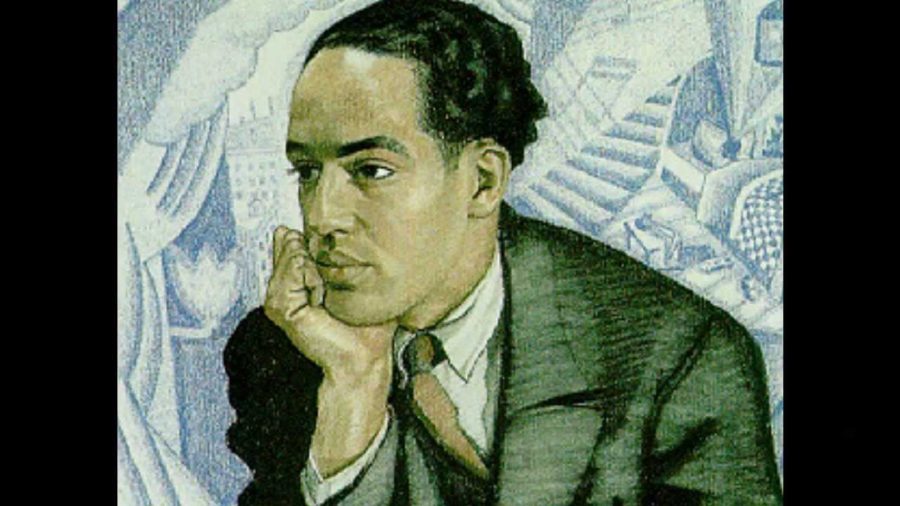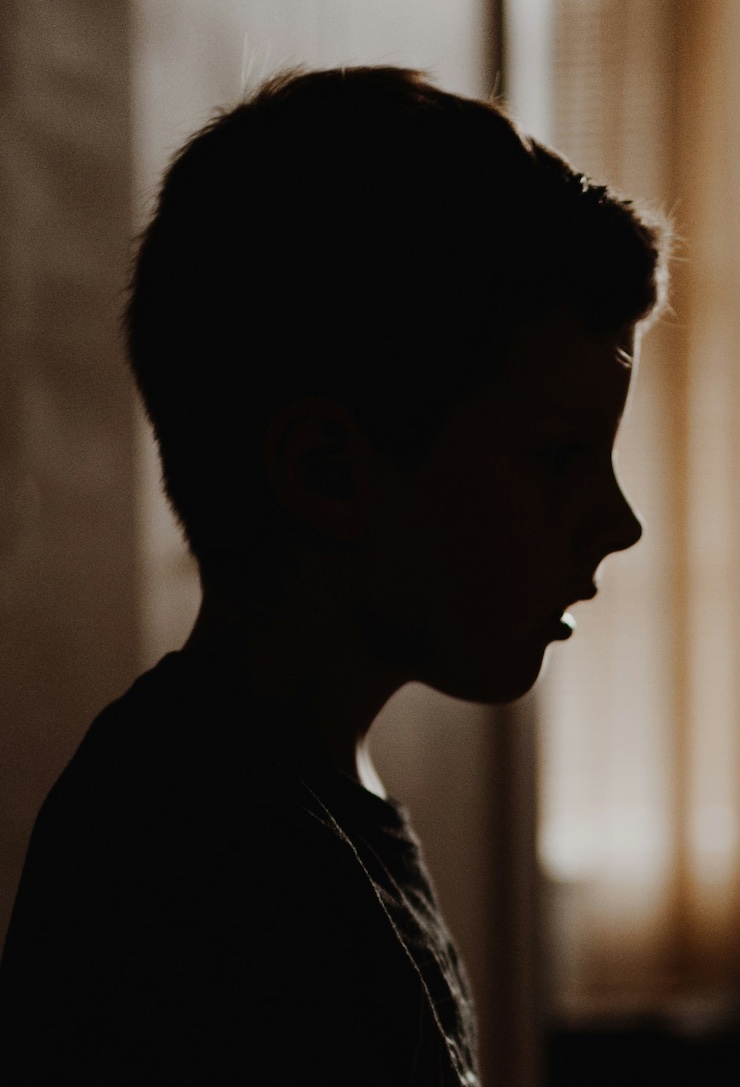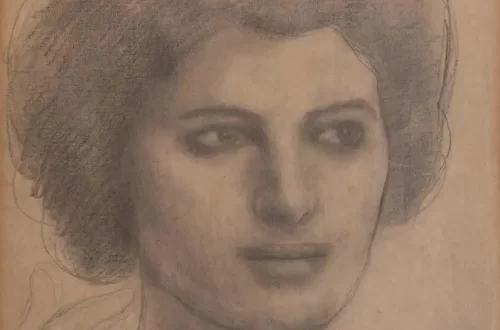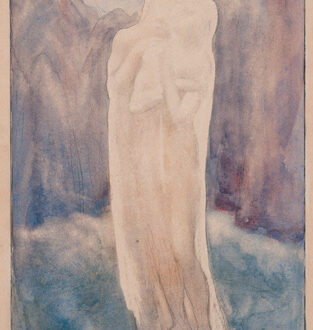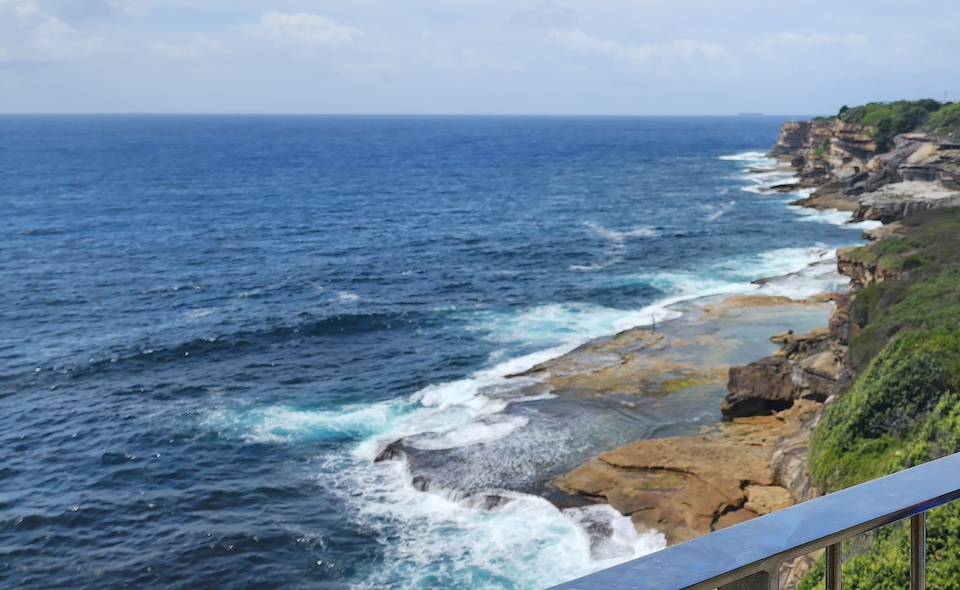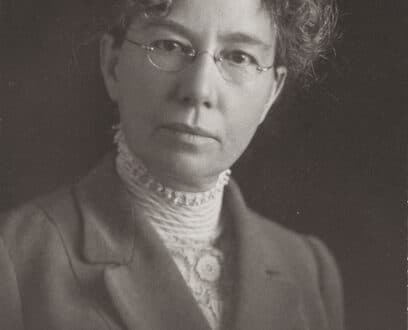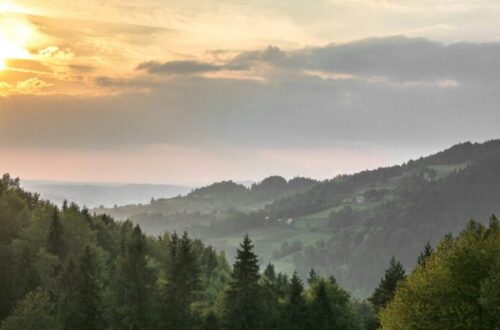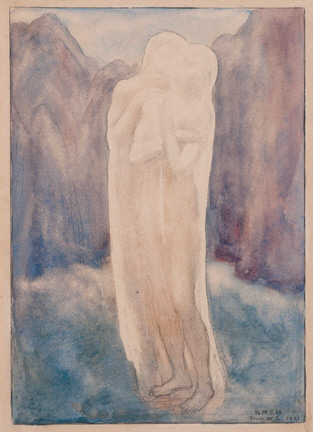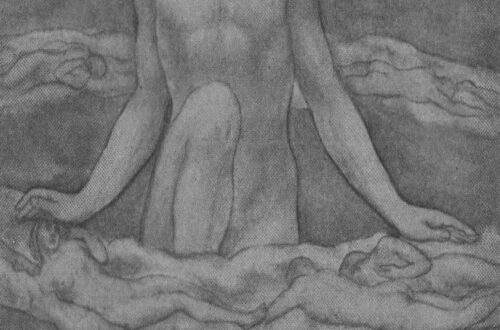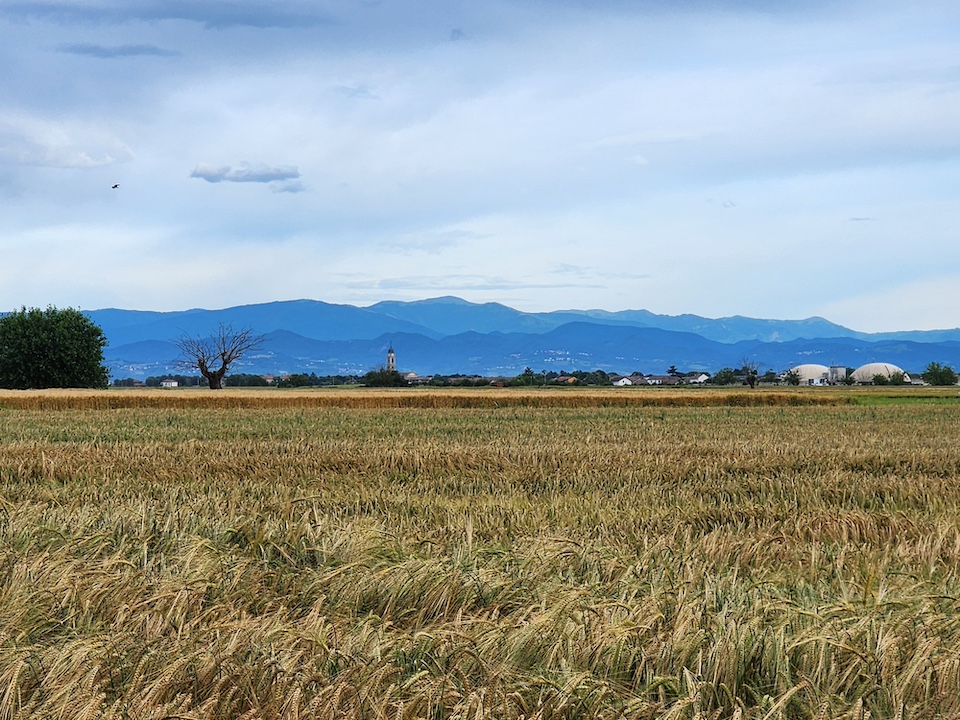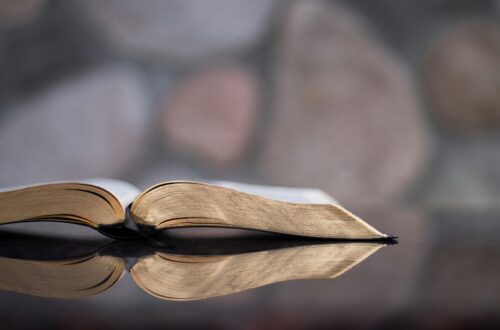poetry
-
Alhambra is beautiful white inside
Alhambra is one of the most beautiful places ever built by human hand. Yet if you visit it and observe carefully, you realise that there is something unseen in the pictures of the intricate designs and ceilings that make Al Hambra famous. Alhambra is beautiful white inside Dentro, Alhambra è bella e bianca Alhambra means red, but it’s white inside, Like bones, beautiful white, bones, side by side, An ossified puzzle like a stalactite sky, Despite death, bewildering, still magic, alive. Alhambra significa rossa, ma dentro è bella e bianca Come ossa – belle, bianche, osso accanto a osso, Un mistero ossificato – stalattiti per fare un cielo, Morto, ma…
-
Mellon – The World’s Best Known Elvish Word
In J.R.R. Tolkien’s Lord of the Rings, the fellowship must pass through a gate that bars the way into Moria. To enter they must find the ‘magic word’ that will open the door. Fortunately, they have the wizard Gandalf with them, who knows every appropriate magic word. Yet, he gets stuck. Nel Signore degli Anelli di J.R.R. Tolkien, la compagnia deve passare per un portone che chiude la via in Moria. Per entrare devono trovare la ‘parola magica’ che aprirà la porta. Per fortuna, hanno con loro lo stregone Gandalf, che conosce ogni parola adatta. Eppure, si trova bloccato. A conversation about the Elvish word mellon, which appears in that…
-
From Darkness and Light – May Ziadeh’s astonishing Eyes
May Ziadeh was a platonic and distant love of Kahlil Gibran. Such an inadequate way to remember her. More importantly, as poet, she is his female counterpart, even though she is virtually unknown in the English speaking world. Her poetry is beautiful in Arabic and sometimes has a poignancy difficult to capture in translation. She and Gibran corresponded for twenty years, although they never met. Perhaps, Gibran memorialised her in his poem Distant Love. This article is dedicated to May Ziadeh’s poem Eyes (العُيُون), originally published in her collection of poems called Darkness and Rays or Darkness and Light (ظلمات وأشعة). Ziadeh’s poem Eyes (العُيُون) speaks for itself. Her original…
-
World Citizen by the fence
This poem speaks for itself and little needs be said. Many admire the idea of world citizenship, but to live it; that is something else. World Citizen by the fence Cittadino del mondo accanto al recinto Do you ever say the words out loud? World Citizen … I am. Mai dici le parole ad alta voce? Cittadino del mondo … io sono. Or do they sit unspoken and rest, Strange and foreign on your tongue? O restano in silenzio, Strani e stranieri sulla lingua? Pretentious perhaps or silly, or that small anxiety that you May be labelled traitor, or Rootless Cosmopolitan called? Presuntuose forse o sciocche O quella piccola ansia…
-
Kung Fu Panda Ascends the Mountain: Ekphrasis
Kung Fu Panda is of course steeped in Chinese culture. One day I wondered what the Chinese thought about the film. It turned out that (despite assertions of cultural appropriation by a small minority) for most there was both appreciation and wonder. The movie became at the time, the most successful animated movie ever in China. Wu Jiang, the President of the China Peking Opera Company said: “The film’s protagonist is China’s national treasure and all the elements are Chinese, but why didn’t we make such a film?” Certamente Kung Fu Panda è ricco di cultura cinese. Un giorno mi sono domandato cosa i cinesi pensassero del film. Risulta che…
-
Darkness and Light: May Ziadeh and the Child’s Destiny
May Ziadeh’s poetry is evocative and striking. Her poem “The Child and I” is a notable example, and has a particular poignancy. The poem, which first appeared in her collection Darkness and Light 1923 (ظلمات وأشعة), tells the story of a conversation between a small English boy and an Egyptian or Arab woman. The poem was perhaps inspired by May Ziadeh’s thoughts during a real interaction, as it is told in first person. It occurs near the Nile, and we must imagine the encounter occurring at sometime in the 1910s or 1920s, when the British were the colonial power in Egypt. As we shall see, the poem begins with specifics…
-
Dead Earth Dead Sea – A New Midrash
This poem was inspired by my muse (my beautiful wife) while we were on the Sydney ocean walk between Coogee and Bronte. As she was looking at the ocean, a thought came to her and she said “all the seas flow into each other …” then adding “… except the Dead Sea”. That spark inspired my poem below. Questo poema fu ispirato dalla mia musa (la mia bellissima moglie) mentre camminavamo sul lungomare di Sydney fra Coogee e Bronte. Mentre lei guardava l’oceano, un pensiero le è venuto e ha detto “tutti i mari scorrono uno dentro all’altro …” poi aggiungendo ” … tranne il Mar Morto.” Quella scintilla ispira…
-
Kahlil Gibran’s On Love From the Prophet
From Kahlil Gibran’s The Prophet: On Love Dal Profeta di Kahlil Gibran: Sull’amore Then said Almitra, Speak to us of Love. And he raised his head and looked upon the people, and there fell a stillness upon them. And with a great voice he said: When love beckons to you, follow him, Though his ways are hard and steep. And when his wings enfold you yield to him, Though the sword hidden among his pinions may wound you. And when he speaks to you believe in him, Though his voice may shatter your dreams as the north wind lays waste the garden. Poi Almitra disse, Parlateci d’Amore, E alzò la…
-
Marengo Chicken: the Battle that put Napoleon on the Throne
My poem below is about the Battle of Marengo (Piedmont, Italy, 14 June 1800) and “Marengo Chicken“, a dish inspired by the battle. In June 2024, we visited the site of the battle and stayed in Cascina Grossa, (which is where the French were based during the battle). The next day we visited the fine museum in Spinetta Marengo dedicated to the battle and the campaign. We were there again (by coincidence) on the anniversary date of 14 June. Questo mio poema in seguito tratta della Battaglia di Marengo (Piemonte, 14 giugno 1800) e del “Pollo alla Marengo“, un piatto ispirato alla battaglia. Nel giugno del 2024, abbiamo visitato il…
